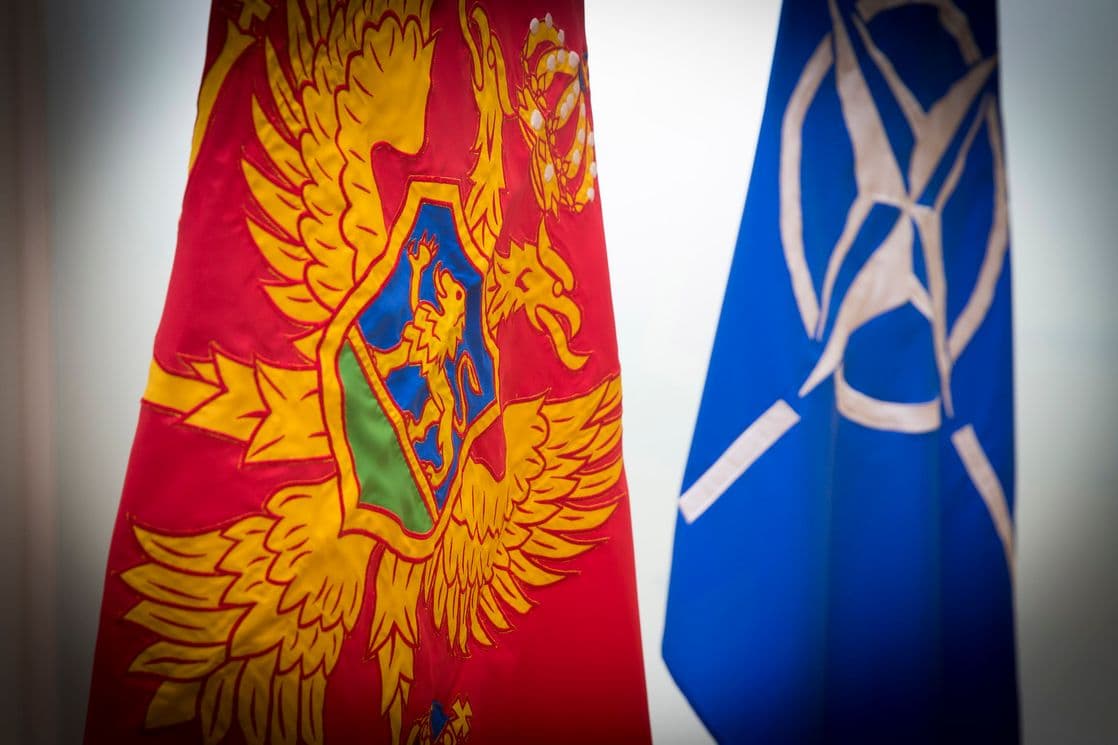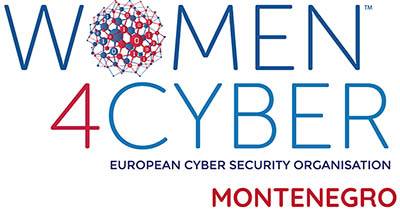Montenegro proudly became member of the NATO at June 2017.
At that time exactly, Allies reaffirmed NATO’s defensive mandate and recognised cyberspace as a domain of operation and agreed to implement a Cyber Defence Pledge. Therefore, Cyber defence is part of NATO’s core task of deterrence and defence.
NATO’s focus in cyber defence is to protect its own networks, operate in cyberspace (including through the Alliance’s operations and missions), help Allies to enhance their national resilience and provide a platform for political consultation and collective action.
Cyber threats to the security of the NATO are complex, destructive and coercive, and are becoming ever more frequent. NATO and Allies are responding by strengthening the Alliance’s ability to detect, prevent and respond to malicious cyber activities. NATO and its Allies rely on strong and resilient cyber defences to fulfil the Alliance’s three core tasks of deterrence and defence, crisis prevention and management, and cooperative security.
Allies are promoting a free, open, peaceful and secure cyberspace, and pursuing efforts to enhance stability and reduce the risk of conflict by supporting international law and voluntary norms of responsible state behaviour in cyberspace.
NATO reinforces its cyber capabilities, including through education, training and exercises.
At the 2023 NATO Summit in Vilnius, Allies endorsed a new concept to enhance the contribution of cyber defence to NATO’s overall deterrence and defence posture, and launched NATO’s Virtual Cyber Incident Support Capability (VCISC) to support national mitigation efforts in response to significant malicious cyber activities.
Montenegro has the obligation to participate in Alliance’s efforts in Cybersecurity as well to enjoy its benefits.
It is of utmost importance that our citizens become aware that NATO full capacities and capabilities are at their disposal as NATO is indeed ready to support and defence its members at all times.












